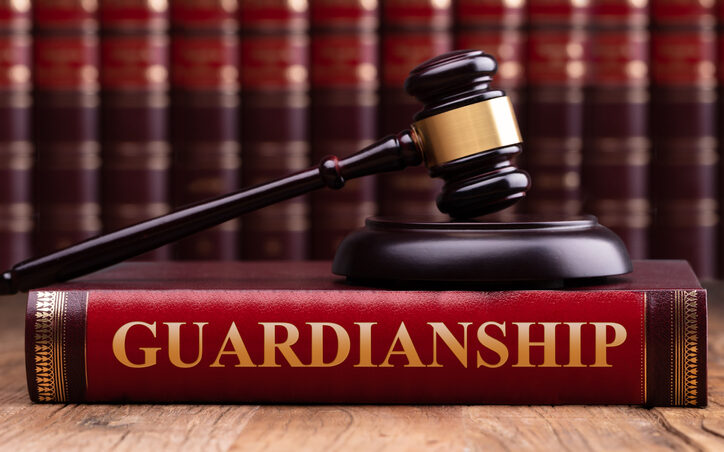Lets look at the differences between a conservatorship and a Guardianship. A conservatorship is a type of protective arrangement which is often overlooked as an option for an elderly individual who needs assistance with managing their finances.
Like the more common guardianship, a conservatorship is a court-approved arrangement in which one individual (the “conservator”) is given the authority to manage the property of another (the “conservatee”). Whereas in a guardianship the court will make a determination that the person to be protected has become incapacitated, this is not the case with a conservatorship. A conservatorship is an entirely voluntary arrangement – the court cannot and will not appoint a conservator over the objections of the person whose property is to be managed.
Why would anyone want a conservatorship? Often these arrangements are seen where an individual, by reason of advanced aged or medical condition, must rely on the assistance of another to manage finances, pay bills, and generally look after assets. In New Jersey, a conservatorship may only be set up through application to the Superior Court. The conservator may have to be “bonded,” that is to say he or she may be required to obtain an insurance policy to insure the performance of obligations. A conservator also has an ongoing duty to report to the Court and is subject to their supervision.
So long as a conservatee retains mental capacity, he or she may terminate the conservatorship. Where an individual subject to a conservatorship becomes incapacitated, the court may convert a conservatorship into a guardianship.
Conservatorships are an underutilized and often overlooked option for individuals looking for assistance in managing their assets. To discuss whether a conservatorship may be beneficial in your circumstances, contact the attorneys of Barry, Corrado, Grassi, today.
What is a Guardianship?
A guardianship is a type of legal protective arrangement. Though many are familiar with the term of “guardian” being applicable to someone who has responsibility for a minor, guardianships are also a fact of life for those charged with caring for a loved one whose age or medical condition has affected decision-making capacity.
New Jersey law provides that the Superior Court may appoint a guardian, or surrogate decision-maker, for a person who has become unable to manage their property and affairs in an effective manner. There are two primary types of guardianships: guardianships of the person (where the guardian has the responsibility for seeing to the incapacitated person’s well being), and guardianships of the estate (where the guardian has the responsibility to see to the incapacitated persons’ assets and financial affairs). Often, these two guardianship roles are combined in one “general” or “plenary” guardianship.
How does one become appointed as a guardian? It takes an application to the Superior Court. One must come prepared with knowledge of the alleged incapacitated persons affairs, finances, medical care, and overall well-being. The applicant alleges to the court that the subject of the application has become incapacitated. The court will set a hearing date and provide for an investigation so that it may determine whether the alleged incapacitated person is able to make decisions for themselves, whether a guardianship is appropriate, and who would be the most suitable person (or persons) to serve as guardian.
Guardians, once appointed, are supervised by the Court. They must provide an accounting at least annually as well as report on the incapacitated person’s well-being. Once appointed, a guardianship will continue until the person regains capacity or passes away.
Applying for a guardianship and then complying with the reporting requirements once appointed can be a tricky field to navigate, particularly in the emotionally charged circumstances of caring for a loved one. To discuss whether or not a guardianship may be appropriate in your circumstances, contact the law offices of Barry, Corrado, Grassi.

